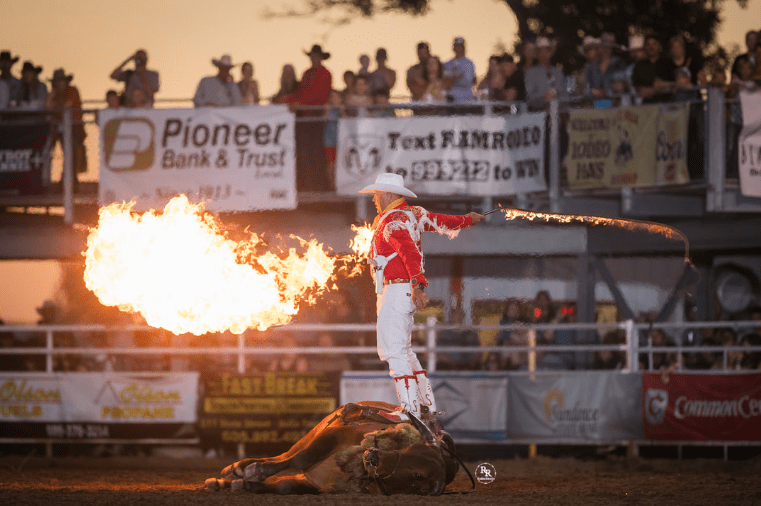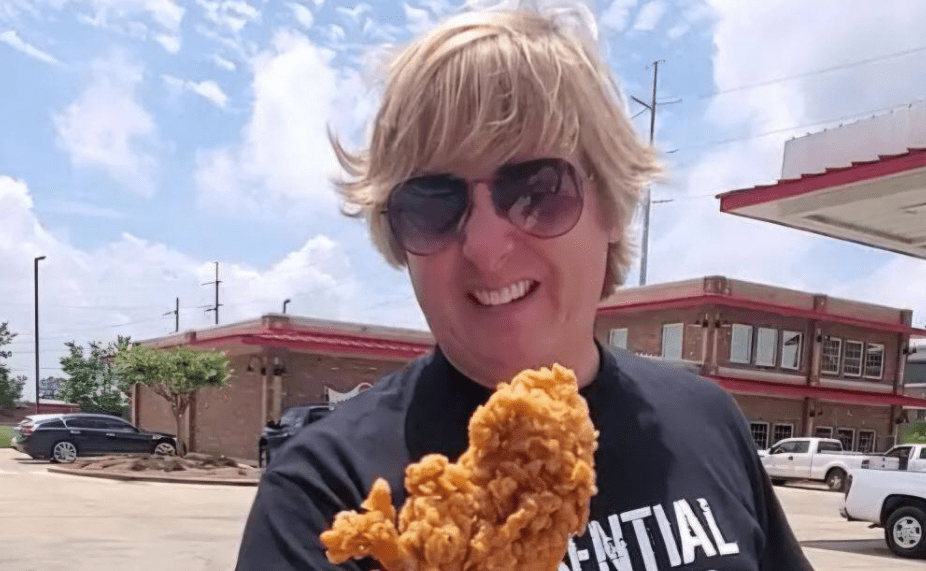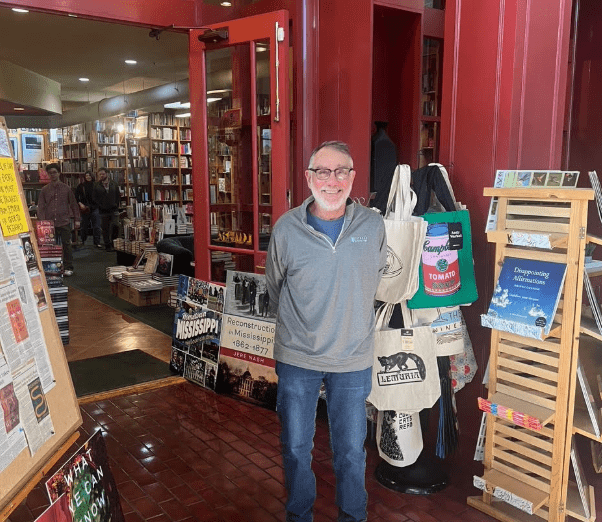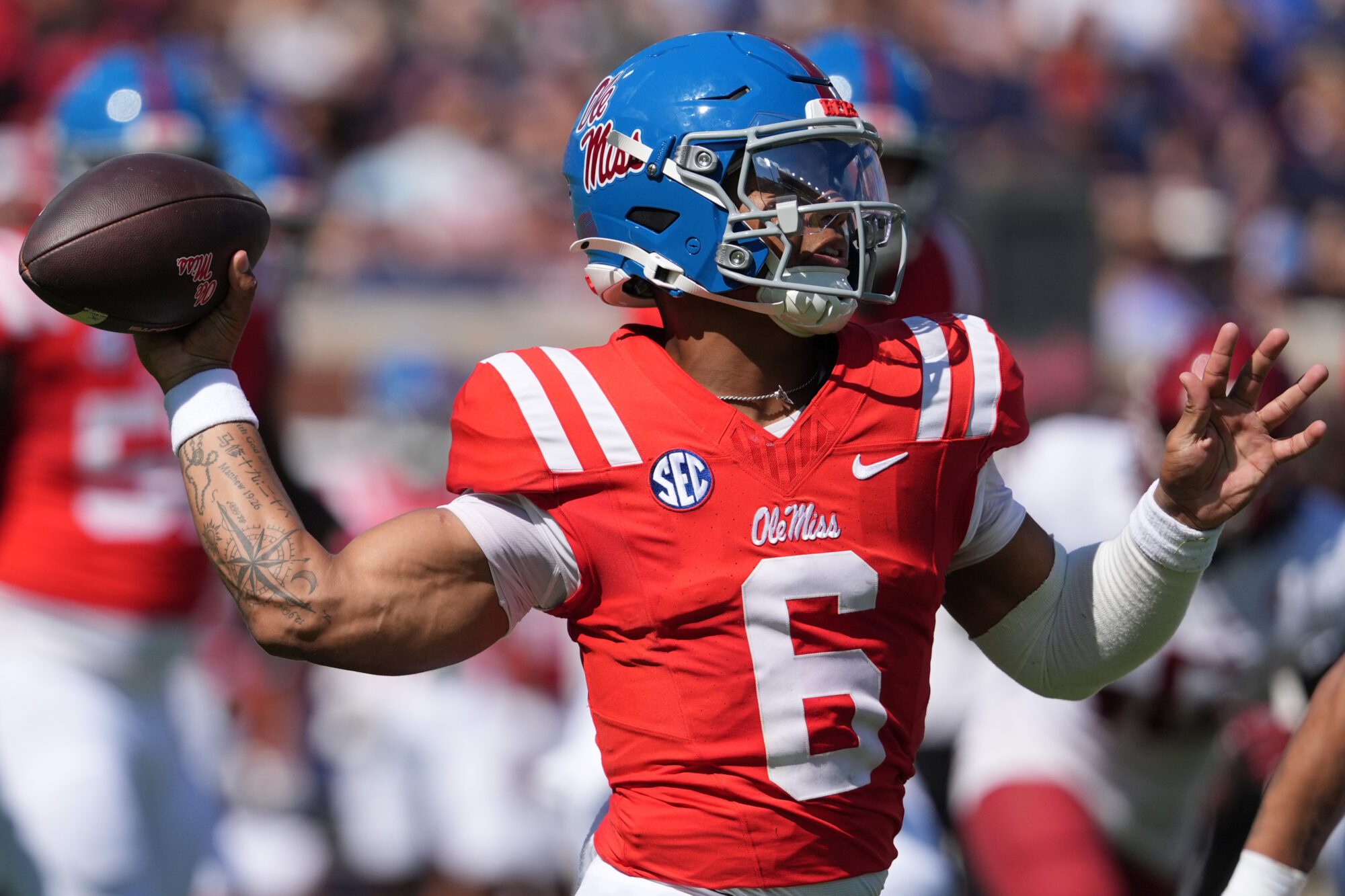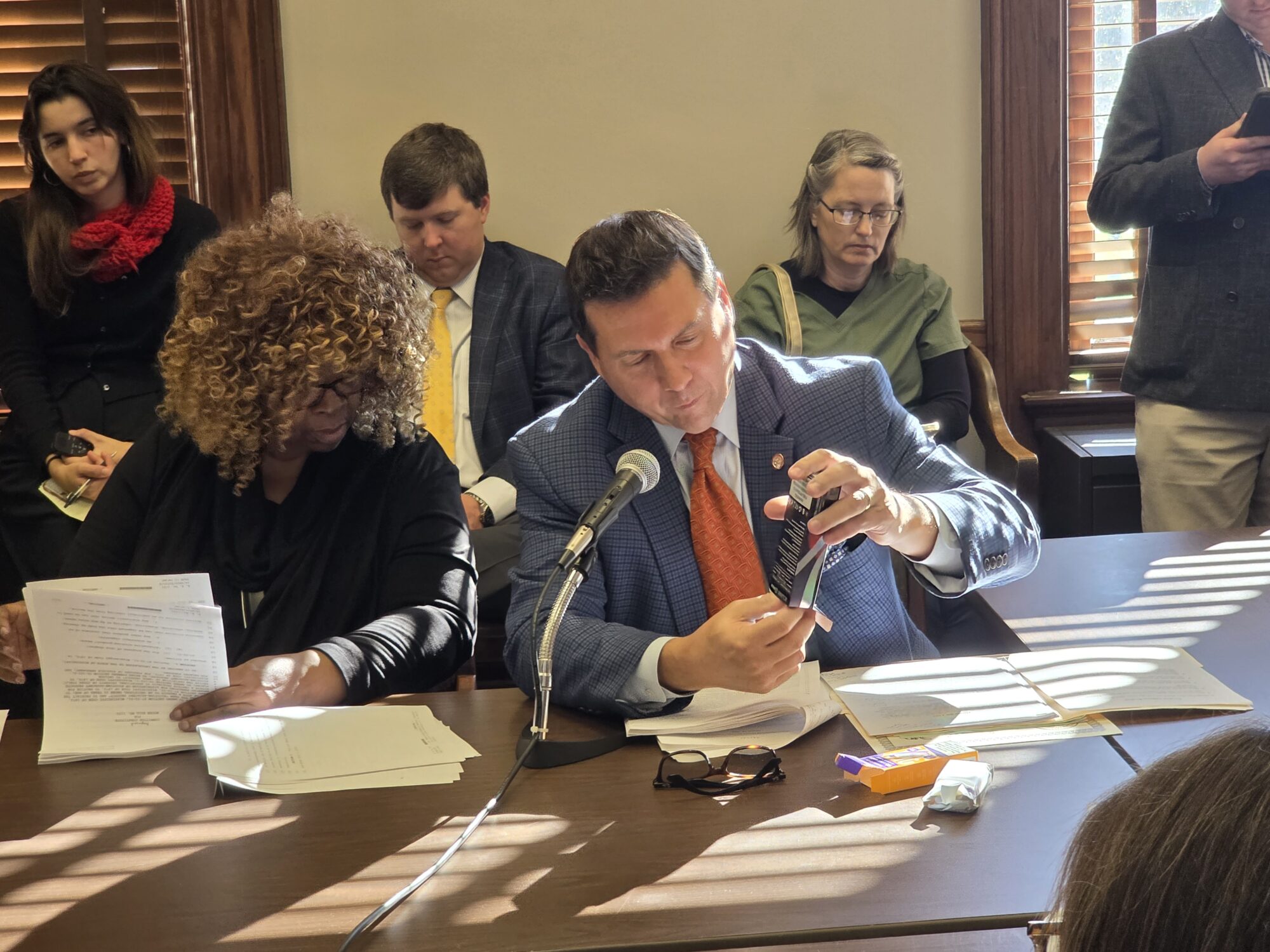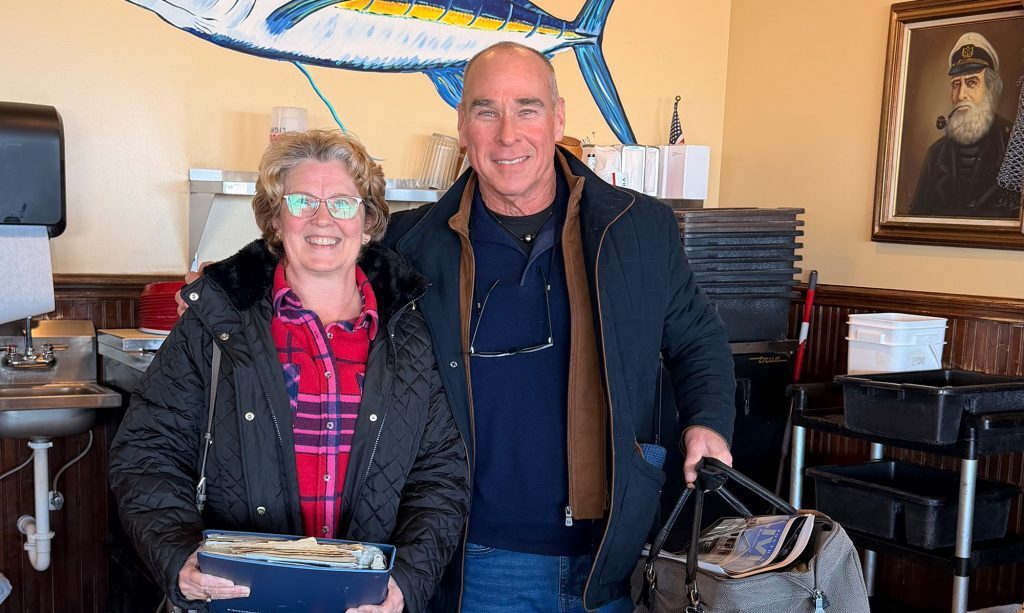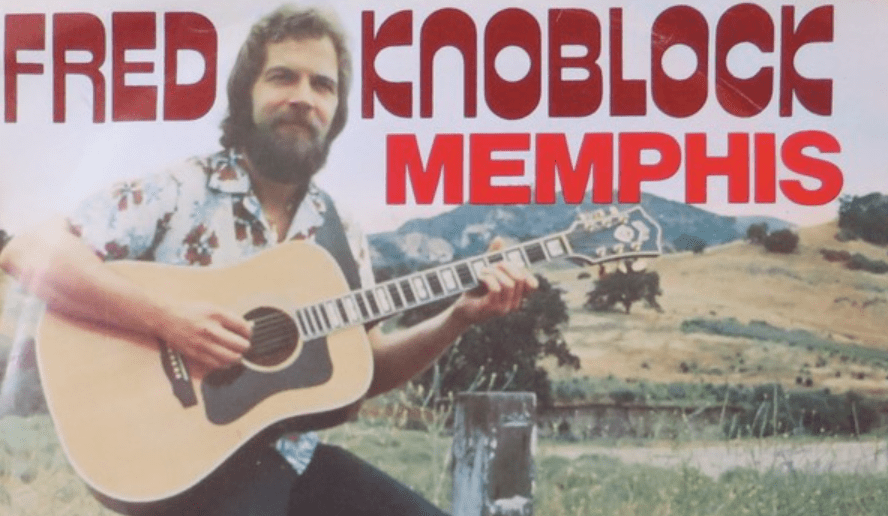
- It’s a little bit country, a little bit jazz, a little bit Randy Newman-like.
A baby Boomer born in 1953 to a Navy pilot from Thibodeaux, Louisiana, and a mother from Muskogee, Oklahoma, J. Fred Knobloch’s dreams of a future in the music business began in their red brick apartment, a stone’s throw from the A&P Grocery store at the intersection of Lakeland Drive and Old Canton Road in Jackson, Mississippi. It’s not exactly the place of inspiration and ambition.
A music enthusiast from his early years, Fred is quite the historian as he traces his musical footsteps through seven decades of technological innovation that have revolutionized the music industry. Inducted into the Mississippi Musicians Hall of Fame in 2012, his unique sound, which has attracted performers such as Trisha Yearwood, Faith Hill, George Strait, Kenny Rogers, Etta James, among many others, reflects his lifelong exposure to and enjoyment of a wide variety of styles and voices. With his songs featured on over 50 gold and platinum albums, Fred is one of Nashville’s most respected industry experts.
Fred was seven years old in 1960. His parents had given him a small transistor radio, which he frequently took to bed, hiding it under the covers and using earphones as he closed his eyes and pretended to be asleep. He could stay awake until the wee hours of the morning listening to Nashville’s WLAC, the powerful rhythm and blues station that came across the air as clear as a bell after dark. Fred says, “When I heard Elmore James singing ‘Dust My Broom,’ my hair just stood up on end! I thought, ‘That’s it!’”
From that point on, Fred was like a sponge, absorbing music no matter where he was. He had a grasp of every distinguishing detail of the music around him, drawn to every component in one way or another. His World War II parents were fans of swing music, but his mother also enjoyed the country music of Porter Waggoner. His older brother played the trumpet and listened to Bert Kaempfert’s 45 RPMs on the family record player. Jackson’s WRBC was the local Top Forty station, and WOKJ’s format catered to the Black community. Fred loved it all!
With the arrival of The Beatles on American soil in February 1964, new sounds and concepts emerged. Every American boy wanted to be in a garage band. Fred’s mother bought him his first guitar, a Stella acoustic, and he enrolled in lessons at Al Ward’s Guitar Studio in Fondren.
Stan Campbell was his teacher, and his method included a thorough grounding in music theory. Fred credits Stan with much of his success and his ability to adapt to the constantly changing nuts and bolts of making a piece of music “work” in a variety of styles. Fred approaches his students today with the same emphasis on music theory as he did when he was a student.
By 1969, Fred and a few friends from St. Joseph High School had formed their band, Black Salt, a name that had no particular meaning except that the group thought it sounded cool at the time. They mainly played rock, such as The Byrds, Buffalo Springfield, and The Association, as well as Jimi Hendrix, to differentiate themselves from other local groups that were playing either Motown or popular British bands’ music.
When the new local recording company, Malaco, sponsored a Battle of the Bands at the old municipal auditorium, Black Salt emerged as the first-place winner. The prize was a six-hour recording session in the studio.
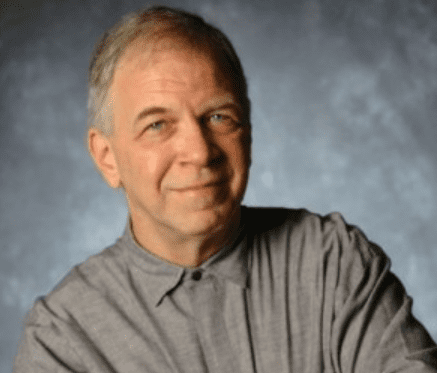
The big bonus for Fred was the lifelong mentors and friends that came from that session — Wolf Stephenson, Dave Adcock, Paul Davis, James Stroud and others. He was an eager student of every aspect of Malaco’s mission to produce great hits from the plethora of great local talent.
Fred says he kept going back there “being a nuisance” for a while until he finally got the chance to be a session musician, hired to play back up during recording sessions and demos. The skills he acquired hands-on from the best were invaluable.
“I just loved it,” he says. “Everyday, I learned something new.”
When Malaco scored a big win with local Dorothy Moore’s hit “Misty Blue,” Malaco soon began thinking about an album. But where were the songs to round out the collection? Carson Whitsett, Jackson’s talented songwriter and keyboardist who had found success across the South, invited Fred to brainstorm lyrics with him for a Dorothy Moore album. Although their efforts for Dorothy did not pan out, Fred caught the bug for songwriting. Shortly thereafter, they hit a home run with their song, “Why Not Me,” which topped the Adult Contemporary Chart.
Fred was on his way after that. His later successes include a duet, “Killin’ Time” with Susan Anton, which reached the top ten on the country chart. He later recorded country hits such as “Memphis” (written by Chuck Berry), “I Had It All,” and “Let Me Love You.”
In addition to songwriting, the easygoing Fred spent a lot of time performing with his groups SKO (Paul Overstreet, Fred Knobloch, Thom Schuyler) and later SKB (Schuyler, Knobloch, Bickhardt); one of his most popular albums was “Live at the Bluebird Café,” a collaboration with the famed harmonicaist, Jelly Roll Johnson.
Tricia Walker, another Mississippian who made it in Nashville, recalls that it was Fred’s story that inspired her to take a chance and pursue her dreams. “I remember hearing a hit on the charts called ‘Why Not Me?’ by a writer named Fred Knobloch. I was mesmerized by the lyrics and the chord changes, and when I found out he was from Jackson, it gave me some early confidence that if a songwriter from Mississippi could do that, then maybe I could, too.”
A few years later, Fred’s “in the round” group at the Bluebird Café proved to be such a winning concept that Walker gathered up some women songwriters to see if they could have an “in the round” group, too. She says, “Our two groups were pioneers of the ‘in the round’ concept, which has now become standard for the Bluebird and many other songwriter settings. Fred was instrumental in making that happen.”
Over the past 52 years on the Nashville music scene, Fred has worked, played, and befriended many of the biggest names in the industry. He is quick to name one particular assignment as his favorite. Tricia Yearwood, whom he had known since his earliest days in Nashville and before either of them had garnered great recognition, was invited to sing at the Country Music Awards (CMA) in 1996. She chose to sing his soulful song, “A Lover is Forever,” written with fellow songwriter Steve Goodman. Tricia asked Fred to accompany her on guitar, along with Jelly Roll Johnson on harmonica. The performance is still available on YouTube and serves as a sterling example of Fred’s distinctive sound. It is not exactly country or even Nashville sound. He calls it “American Primitive.”
That’s a great term. It’s a little bit country, a little bit jazz, a little bit Randy Newman-like. It’s also some great listening guaranteed to make you smile.
